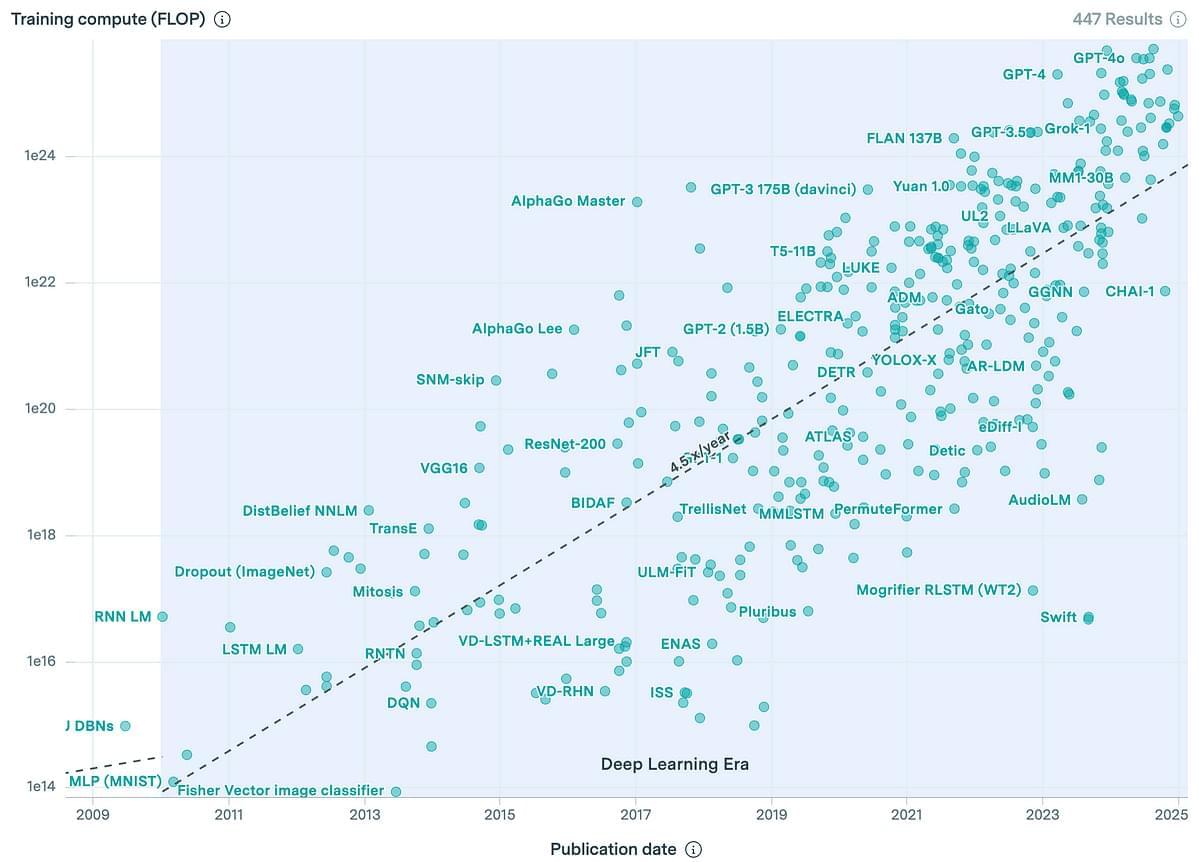Chinese researchers have come up with innovative technology to produce electricity with solar panels that are able to harvest energy produced by raindrops.


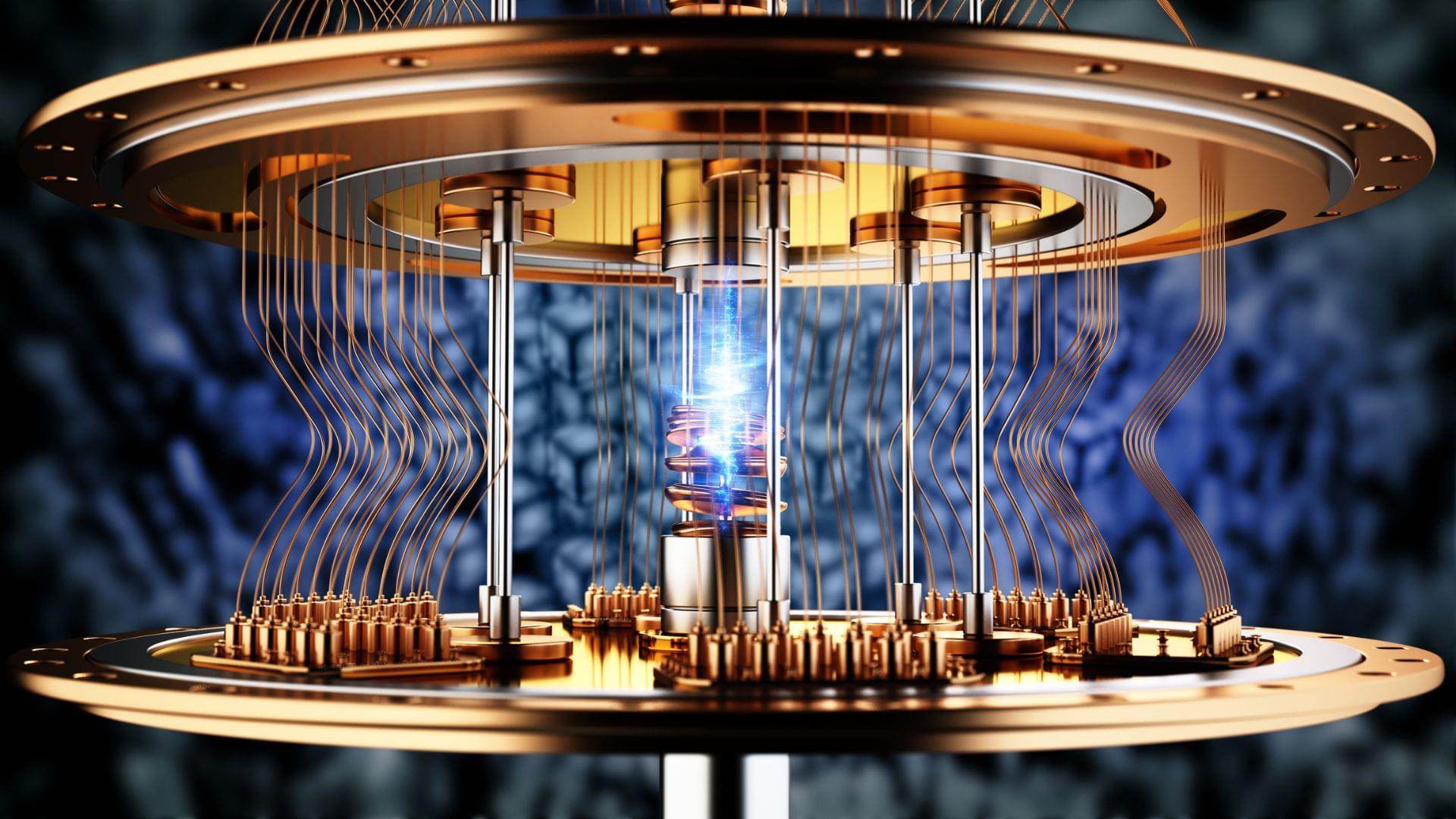
Researchers at the Institute of Science and Technology in Austria (ISTA) have achieved a major milestone in quantum computing after obtaining a complete optical readout of superconducting qubits.
This will help in building scalable quantum computers that are robust, operate at room temperature, and at a much lower cost, a press release said.
Quantum computers are the next frontier of computing, allowing calculations to occur at exponential rates compared to classical computers.
A comprehensive video explaining quantum gravity.
Here I discuss EPR or ER and discuss three experiment. Here I took information from professor Leonard Susskind lectures note book and some idea is taken from physics books notes.
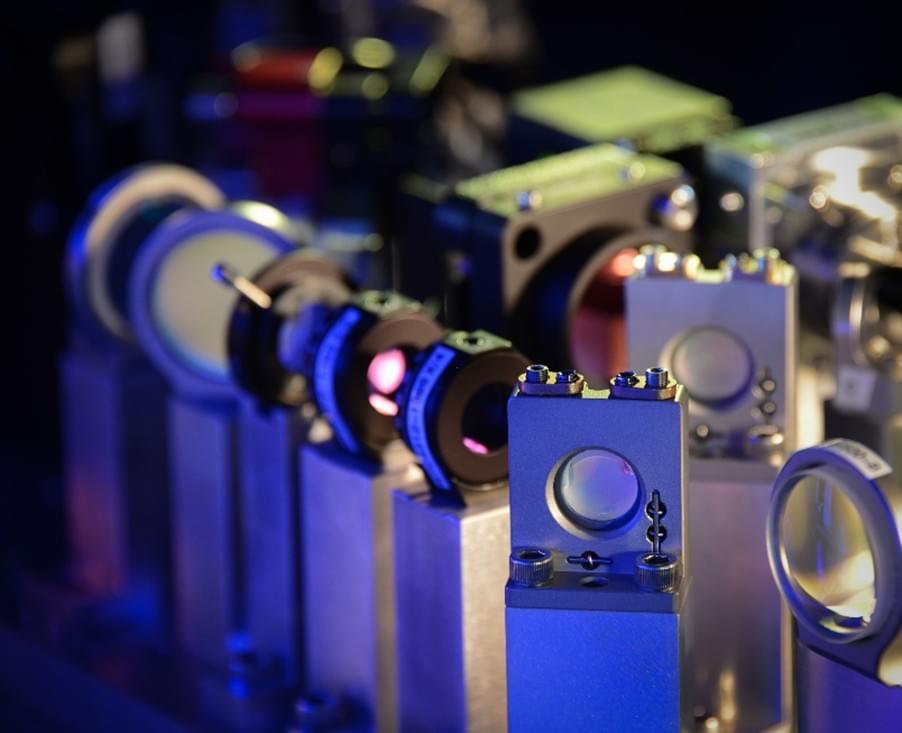
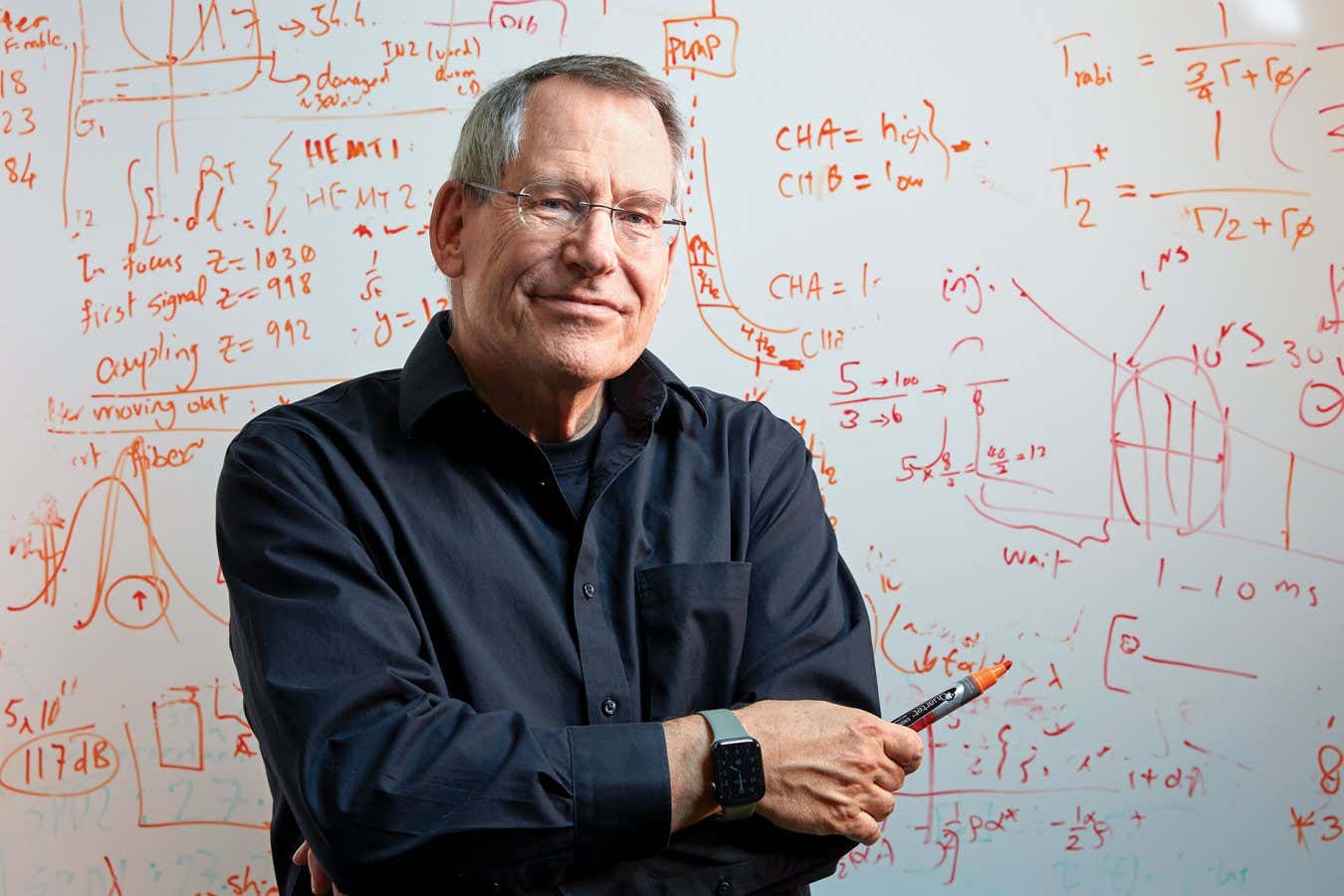
John Preskill has been guiding the growing quantum computing industry for decades, and now he has set a new challenge – to build a device capable of a million quantum operations per second, or a megaquop.
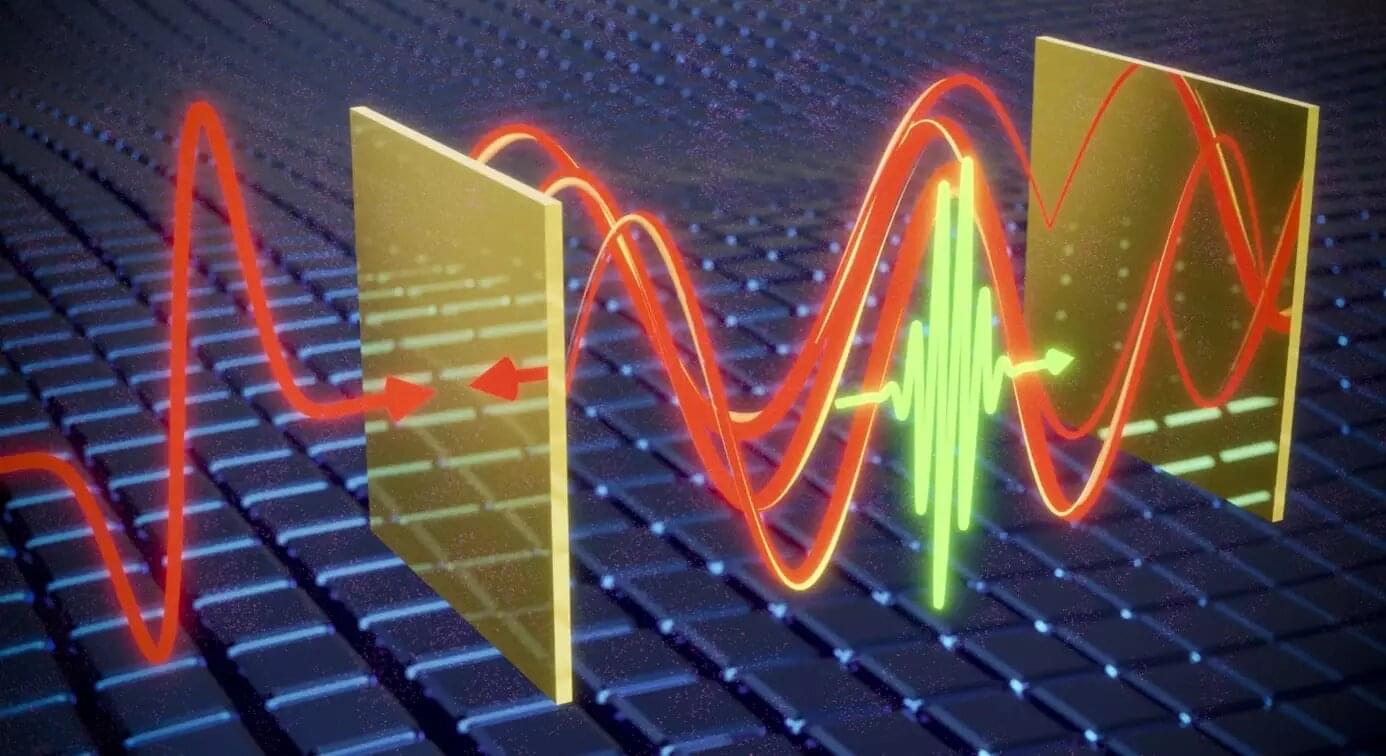
Researchers have developed a novel experimental platform to measure the electric fields of light trapped between two mirrors with a sub-cycle precision.
These electro-optic Fabry-Pérot resonators will allow for precise control and observation of light-matter interactions, particularly in the terahertz (THz) spectral range. The study is published in the journal Light: Science & Applications.
The researchers are from the Department of Physical Chemistry at the Fritz Haber Institute of the Max Planck Society and the Institute of Radiation Physics at Helmholtz Center Dresden-Rossendorf.

Researchers at the LKS Faculty of Medicine of the University of Hong Kong (HKUMed) have invented an oral formulation of arsenic trioxide (Oral-ATO; ARSENOL) for the treatment of acute promyelocytic leukemia (APL), a blood cancer that once had a high fatality rate.
The invention and use of oral-ATO is of historic importance for medicine in Hong Kong. It is the first-ever prescription medication wholly invented and manufactured in Hong Kong, and also the first to obtain U.S., European and Japanese patents.
After more than two decades of dedicated work, the HKU research team successfully translated this Hong Kong invention into clinical practice by incorporating oral-ATO into the treatment plan of APL patients. Extensive clinical studies of oral-ATO have demonstrated its high efficacy and safety in curing APL patients, with an overall survival (OS) rate exceeding 97%, along with a significant reduction in side-effects and treatment burden.

Microbial life in Yellowstone’s Lower Geyser Basin may hold clues to the evolution of life’s exploitation of oxygen, according to a recent analysis by researchers from Montana State University.
T he inhabitants of the basin’s Octopus and Conch Springs live in kelp-like, gelatinous ‘streamer’ structures that wiggle furiously in superheated currents, which hover around 88 degrees Celsius (190 degrees Farenheit). Genetically similar to ancient bacteria and archaea, t heir existence is a window into the primordial soup from which life emerged.
While these microbial communities share many traits, the springs’ environments are different in a few fundamental ways.
The appearance of the Interstellar Objects (ISOs) Oumuamua and Comet Borisov in 2017 and 2019, respectively, created a surge of interest.
What were they? Where did they come from? Unfortunately, they didn’t stick around and wouldn’t cooperate with our efforts to study them in detail. Regardless, they showed us something: Milky Way objects are moving around the galaxy.
We don’t know where either ISO came from, but there must be more – far more. How many other objects from our stellar neighbours could be visiting our Solar System?
